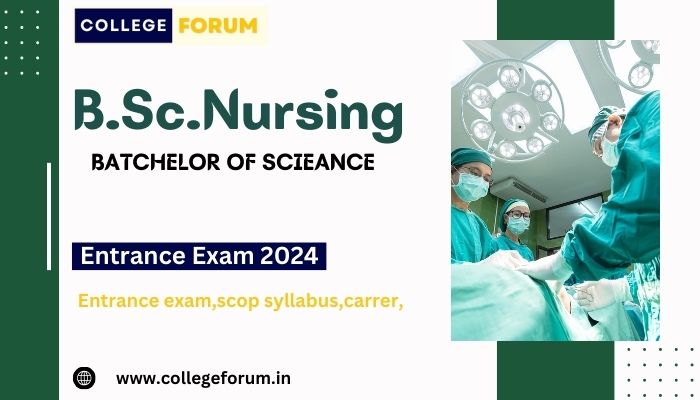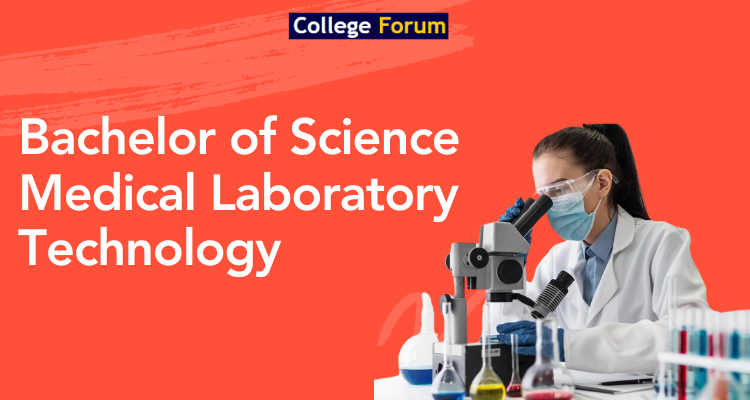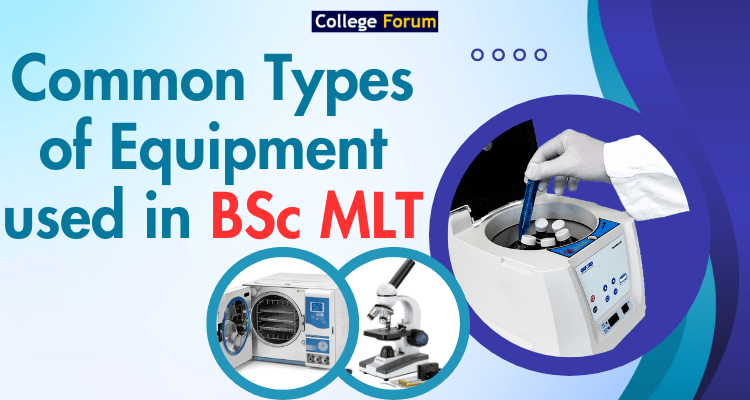Eligibility Criteria for B.Tech in DBIT College Dehradun 2024
Eligibility Criteria for B.Tech in DBIT College Dehradun 2023 Dehradun is home to some of the most prestigious colleges in the country. DBIT College Dehradun is a premier technical institution that offers a wide range of undergraduate and postgraduate programs in various engineering disciplines. If you are planning to pursue a Bachelor of Technology (B.Tech) degree from DBIT College Dehradun, it is important to understand the eligibility criteria for the same. In this article, we will take a closer look at the eligibility criteria for B.Tech in DBIT College Dehradun in 2023. Among them is DBIT College, which offers a variety of undergraduate and postgraduate courses in engineering, management, computer science, and more. DBIT College Dehradun is a leading technical institute located in Dehradun, Uttarakhand. The college was established in 1998 and is affiliated to Uttarakhand Technical University (UTU). The college is approved by the All India Council for Technical Education (AICTE) and is accredited by the National Board of Accreditation (NBA). DBIT College Dehradun offers undergraduate and postgraduate programs in various engineering disciplines, including B.Tech, M.Tech, and MBA. The eligibility criteria for B.Tech in DBIT College Dehradun 2023 are as follows: Educational QualificationQualification Candidates must have passed the 10+2 examination or its equivalent from a recognized board with Physics, Chemistry, and Mathematics as compulsory subjects. They must have scored at least 45% marks (40% for SC/ST candidates) in the qualifying examination. Candidates must have passed their 10+2 examination with Physics and Mathematics as compulsory subjects. They should also have Chemistry/Biotechnology/Biology/Technical Vocational subject as an optional subject. The minimum percentage required in the qualifying examination is 45% for general category candidates and 40% for reserved category candidates. Age Limit The age limit for B.Tech in DBIT College Dehradun 2023 is as follows: Candidates should be at least 17 years of age as on 31st December of the year of admission. The minimum age limit for candidates is 17 years. No upper age limit for candidates. Entrance Exam Candidates must have a valid score in any of the following entrance exams to be eligible for admission to B.Tech in DBIT College Dehradun 2023: JEE Main UKSEE UTU Entrance Exam Candidates must have appeared for a national-level entrance exam such as JEE Main, UKSEE, or any other equivalent exam. Admission Procedure The admission process for B.Tech in DBIT College Dehradun 2023 is as follows: Candidates must first register themselves online on the official website of the college. After registration, candidates must fill out the application form and submit it online along with the necessary documents. Candidates must then appear for the entrance exam and obtain a valid score. Based on the scores obtained in the entrance exam, candidates will be shortlisted for counseling. Shortlisted candidates must appear for counseling and choose their preferred branch and college based on their rank and availability of seats. Finally, candidates must complete the admission process by paying the fees and submitting the necessary documents. Conclusion In conclusion, to be eligible for B.Tech in DBIT College Dehradun 2023, candidates must have passed their 10+2 examination with Physics and Mathematics as compulsory subjects, have a valid score in any of the specified entrance exams, and meet the age limit criteria. The admission process involves online registration, filling out the application form, appearing for the entrance exam, participating in counseling, and completing the admission process by paying the fees and submitting the necessary documents. Adress – Dev Bhoomi Campus, Chakrata Road Navgaon, Manduwala, Dehradun- 248007, Uttarakhand, INDIA Contact no. 1800 103 4049 Email ID – info@dbgidoon.ac.in Official Website – https://www.dbgidoon.ac.in/gallery-category/dbit/
Eligibility Criteria for B.Tech in DBIT College Dehradun 2024 Read More »









